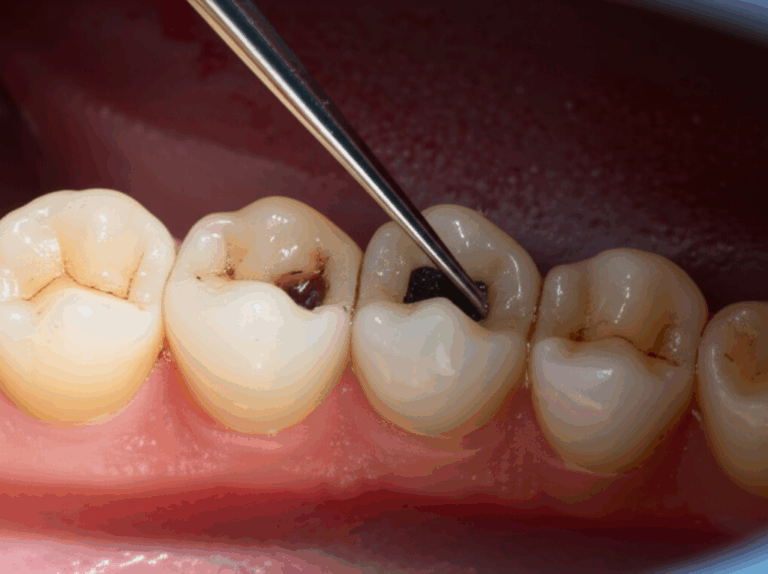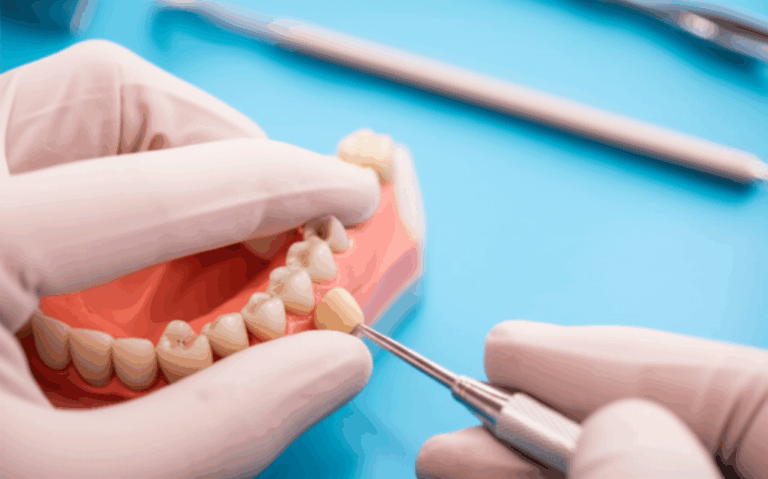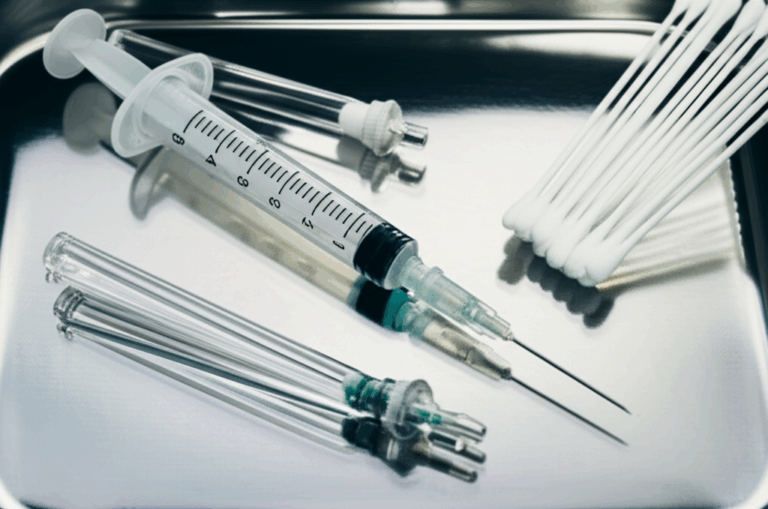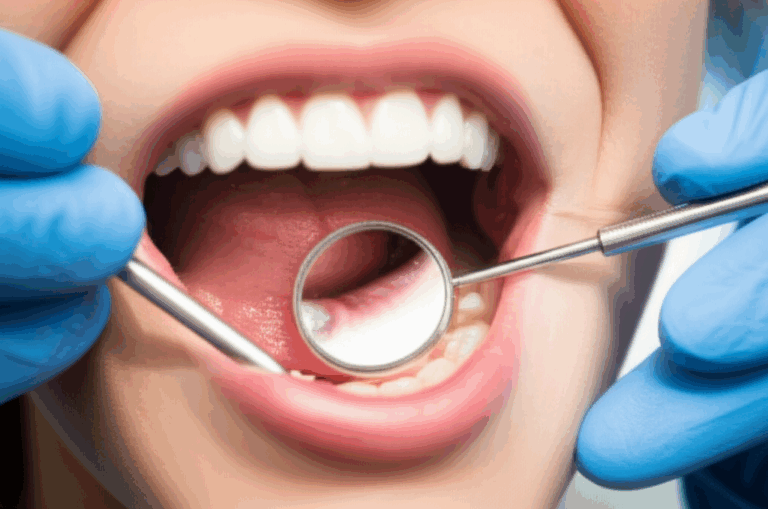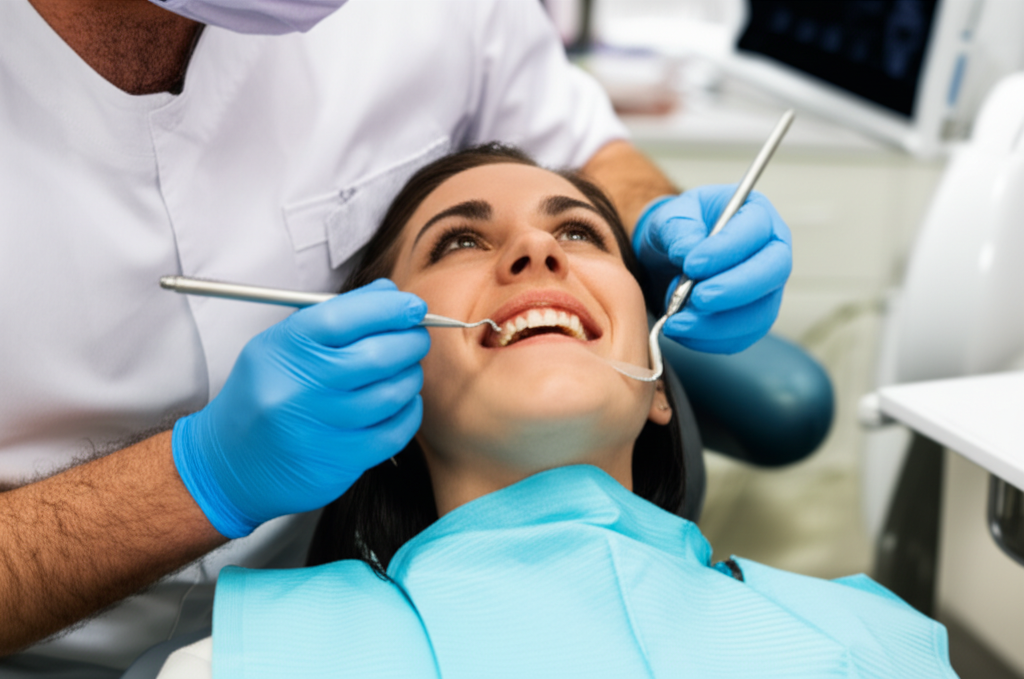
Why Dentists Choose Nitrous Oxide: Understanding Laughing Gas for a Relaxed Dental Visit
Feel nervous in the dentist’s chair? You’re not alone. Whether you’ve felt worry about dental treatment before, found it hard to get numb, or heard stories about “laughing gas,” it’s completely normal to ask: Why do dentists use nitrous oxide, and how does it really help? For many people, being afraid of the dentist feels worse than the treatment itself. But today’s dentistry wants you to be comfortable—nitrous oxide, or “laughing gas,” is one of the best ways to make visits less scary.
Let’s be honest. Thinking about dental procedures can make anyone anxious. Maybe you worry about pain, getting shots, or even the sound of the drill. Here’s some good news: Nitrous oxide has helped patients relax for decades, making a stressful visit much easier.
If you’re reading this, you probably want clear answers about nitrous oxide—what it is, how it’s used, if it’s safe, and how it feels. I’ll explain it all, so you can relax and feel ready for your next dental trip.
What We’ll Cover
- The Roots of Dental Anxiety – Is This Normal?
- Nitrous Oxide 101: What’s Laughing Gas Exactly?
- Why Dentists Use Nitrous Oxide: Core Benefits
- How Nitrous Oxide Works: The Science and Safety
- Who’s a Good Candidate for Nitrous Oxide?
- Comparing Sedation Options in Dentistry
- Frequently Asked Questions About Nitrous Oxide
- Healthy Habits: Your Takeaway and Next Steps
The Roots of Dental Anxiety – Is This Normal?
Let’s start with the main reason people get nervous at the dentist—worry. If your hands sweat when you hear “open wide,” you’re not alone. About 24-31% of adults say they have a fair amount to a lot of dental fear. Even more surprising? Around 15% of people skip dental care completely because they’re scared, says the CDC and ADA. That’s a big group, and it keeps many from having healthy teeth and gums.
Why does this happen? Some worry about pain, others can’t stand the feel or sounds during treatments. Maybe you’re afraid of shots, have a strong gag reflex, or just feel helpless in the chair. Dental worry comes in many forms, but it can stop even careful people from getting what they need.
Is it normal to feel worried about dental visits? Of course. That’s why today’s dentists offer lots of ways, like nitrous oxide, to help you feel safe, calm, and more in control.
Nitrous Oxide 101: What’s Laughing Gas Exactly?
Before we get into the “whys,” let’s explain what nitrous oxide is and how dentists use it.
Nitrous oxide, better known as laughing gas, is a colorless, smell-less gas. It’s mixed with oxygen and you breathe it in through a small, soft mask over your nose. It gives you a gentle, peaceful feeling. Even though it’s called laughing gas, it’s not going to make you laugh out loud—but it can take away nervous feelings, help pain feel less strong, and make the whole visit feel less serious.
Here’s why it’s special:
- Works fast: You’ll notice the effect in a minute or two.
- You’re still awake: You’re aware and can talk to the dentist the whole time.
- Quick recovery: When the mask is off and you get pure oxygen, you’re back to feeling normal in just a few minutes.
Why “Laughing” Gas?
People who tried it long ago talked about feeling a bit warm, happy, and sometimes laughed a lot when they had too much (back at 1800s parties!). Today’s use is much more controlled, but the silly name stayed.
Why Dentists Use Nitrous Oxide: Core Benefits
So, why do so many dentists choose nitrous oxide? It’s all about making patients comfortable, safe, and making dental visits better. Here are the main reasons, with some easy to picture examples.
Calming Dental Worry (Anxiety Relief)
Imagine going to a dental office, your chest tight, feeling nervous. Now, imagine being able to breathe in some air that calms you down—suddenly, those worries fade away, everything seems less scary.
That’s what nitrous oxide does. It creates a peaceful, calm feeling, letting you worry less. You’re awake, but those fears that make you want to run away feel much smaller. For people with dental fear, this can change things a lot. According to surveys, 90% say laughing gas makes them feel more relaxed and good about the visit.
Making Dental Work Hurt Less (Less Pain and Feeling Sleepy)
You know that “ouch” when you get a shot, or the pain when a tooth is touched? Nitrous oxide doesn’t take the place of numbing shots (you still might need those), but it works with them:
- Raises how much pain you notice: What would really hurt might barely bother you now.
- Shots don’t seem as bad: A lot of people say, “The injection barely bothered me.”
- Makes longer treatments easier: Since you’re calm and not noticing every small pain, even cleanings or fillings seem simple.
Letting Dentists Work Smoother (Especially With Kids or Special Needs)
Every dentist knows: a happy, comfortable patient is easier to help. Nitrous oxide can:
- Help you stay still while being treated
- Make you move less or stop sudden moves or reactions
- Turn a stressful visit into a faster, easier one
This is a big help for young kids, people with special needs, or anyone who finds it hard to relax or stay still.
Calming the Gag Reflex
Have you ever gagged during X-rays, those mouth molds, or even cleanings? The gag reflex is hard to handle, and can stop a treatment right away. Nitrous oxide can gently calm this reflex, making things easier for you and your dentist.
At a Glance: Nitrous Oxide’s Benefits
| Benefit | How It Helps |
|---|---|
| Worry relief (calmness) | Lowers fear and nerves, before and during the appointment |
| Pain help (less pain) | Makes pain less strong, shots and cleaning easier |
| Helps with cooperation | Kids, special needs, and nervous adults stay calm and still |
| Soothes gag reflex | Makes tough treatments, like molds or X-rays, easier |
| Fast working and fading | Does its job in minutes—goes away fast after mask is removed |
| No leftover sleepiness | You can drive home or get back to normal soon after |
How Nitrous Oxide Works: The Science and Safety
You may be thinking, “Okay, but how do dentists make sure this is safe and works well?” Good question. Knowing how nitrous oxide works—and why it’s one of the safest choices—can help you feel better about trying it.
Inhalation Sedation: Just Breathe In, Feel Better
Dentists use a small, soft mask that sits on your nose. You breathe in a special mix of oxygen and nitrous oxide. No shots, pills, or IVs.
In just a few breaths, you might feel:
- Light or floaty, maybe a little tingly
- A little less bothered by what’s happening
- Maybe warm and a bit happy
Most people say it’s like “being a bit dreamy, but I knew what was going on.”
You’re Awake and In Control
Unlike getting put to sleep (general anesthesia), nitrous oxide keeps you awake but relaxed. You stay awake:
- You can talk, move, or ask for a break
- You’re still the boss—if something feels weird, you can tell your dentist
Fast to Start, Fast to Stop
Some things that make nitrous oxide special:
- It works quickly: You’ll notice the effect in 2-3 minutes.
- It wears off fast: When the mask comes off and you breathe plain oxygen, you’re back to normal in 3-5 minutes. Most people can drive home and do their usual things right after.
Well Controlled and Very Safe
Dentists can adjust the amount second by second to fit you. While you breathe it, your important signs (like heartbeat and oxygen) are watched closely—usually with a small device on your finger.
Safety At a Glance:
- Very low risk: Serious problems happen in less than 0.05% of people who use it.
Comparing Sedation Options in Dentistry

